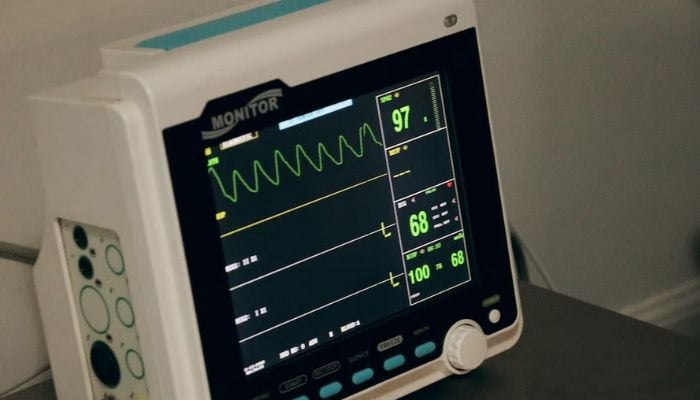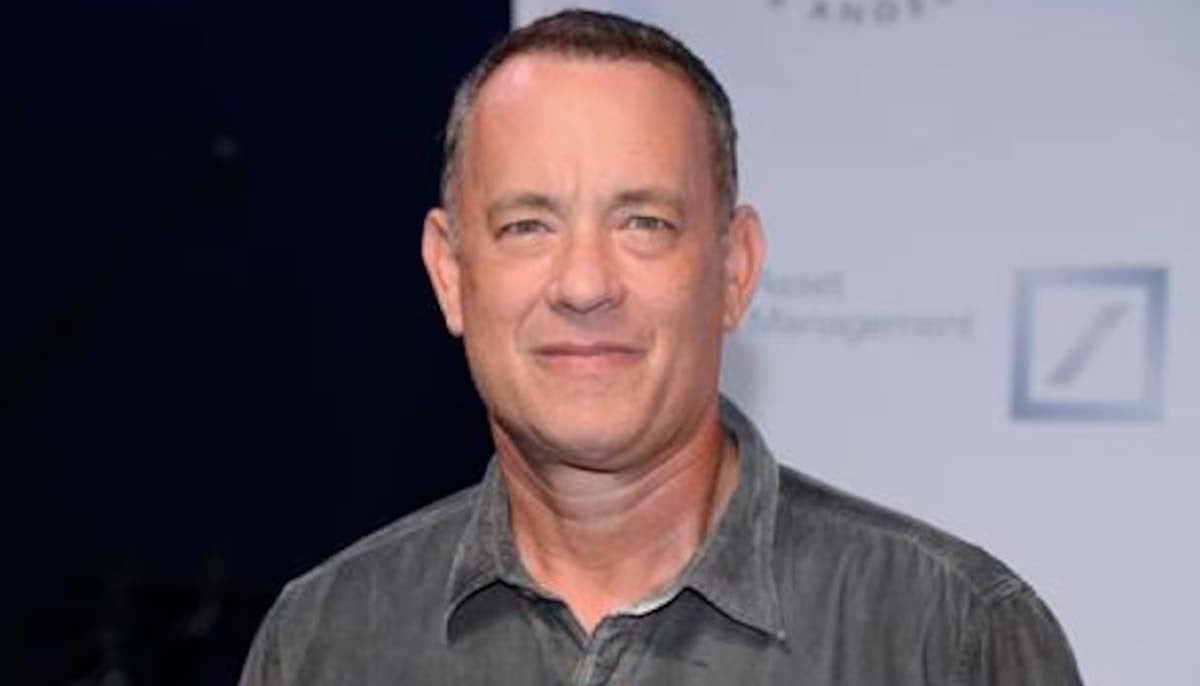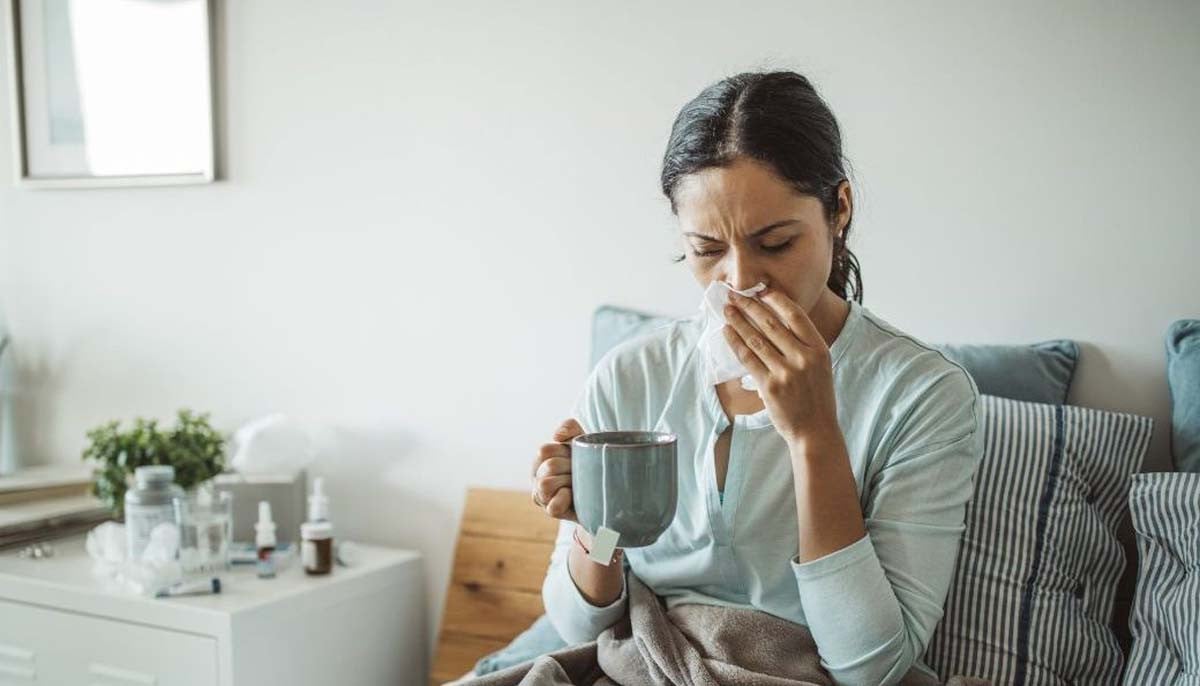Study shows COVID-19 vaccination changes heart rate variability
Three days following vaccination, transient abnormalities in heart rate variability characteristics return to normal
Short-term changes in heart rate variability (HRV), more specifically in the root mean square of successive differences between normal heartbeats (RMSSD), following vaccination against coronavirus disease (COVID-19), are described in the findings of a new systematic review published in the MDPI journal Vaccines. However, three days following vaccination, transient abnormalities in HRV characteristics returned to normal.
The rapid spread of the pathogen responsible for COVID-19, the severe acute respiratory syndrome coronavirus 2 (SARS-CoV-2), was swiftly curbed by the implementation of international vaccination campaigns. Vaccination programmes still confront a number of difficulties, vaccine resistance being the most important one.
High vaccination refusal rates of up to 25% have sparked worries about the security of more recent and quickly manufactured vaccines. To allay these worries, it is advised that post-marketing surveillance, raising public awareness, and disseminating evidence-based safety information be done.
The World Health Organisation (WHO) database on COVID-19 vaccination-related adverse events indicates that the COVID-19 vaccine may cause transient neurological symptoms, such as headache, lethargy, migraine, parosmia, and disturbed sleep.
Despite being extremely rare, there have been a few cases of COVID-19 vaccination-induced ANS dysfunction. As a result, HRV is a significant and reliable indicator for evaluating the regulation of autonomic balance. Furthermore, ANS dysfunction and influenza vaccination have been found linked, according to HRV data.
The South Korean authors of the current systematic review looked into how the COVID-19 vaccine might influence human HRV-related parameters to help spread evidence-based arguments in favour of the vaccination.
According to the studies that were examined, receiving the COVID-19 vaccine resulted in a temporary drop in the RMSSD value, which may have been caused by the vaccine's side effects. However, the post-vaccination HRV alterations for asymptomatic subjects were inconsistent.
According to other studies, the effects of various vaccinations and doses on HRV measures are variable. In contrast to the Johnson & Johnson vaccination, the second doses of the Moderna and Pfizer-BioNTech vaccines may have induced SARS-CoV-2-receptor binding domain (RBD) antibody responses.
The AstraZeneca vaccine's first dose had a greater impact on HRV-related changes than its second dose.
More significant changes in HRV were seen after the second doses of the Moderna and Pfizer vaccinations than after the first doses of these vaccines. Comparatively, the Pfizer-BioNTech vaccine's third booster dose showed a larger effect on HRV-based stress markers than its initial dose.
In general, women's RMSSD was much more affected by COVID-19 vaccines than men's. Additionally, younger patients experienced more severe effects than older people.
-
NHS warning to staff on ‘discouraging first cousin marriage’: Is it medically justified?
-
Ariana Grande opens up about ‘dark’ PTSD experience
-
Dakota Johnson reveals smoking habits, the leading cause of lung cancer
-
Chris, Liam Hemsworth support their father post Alzheimer’s diagnosis
-
Tom Hanks diabetes 2 management strategy laid bare
-
Catherine O’Hara becomes beacon of hope for rectal cancer patients
-
FDA sends 'refusal-to-file' to Moderna over new flu vaccine
-
Cure flu with theses two golden foods












